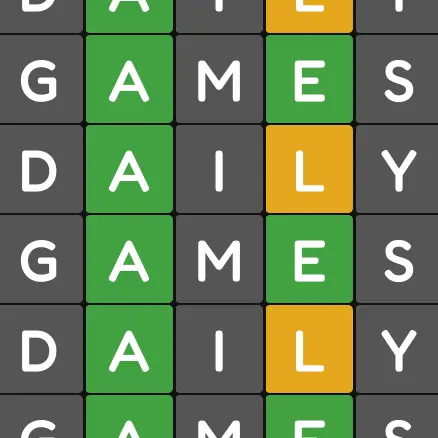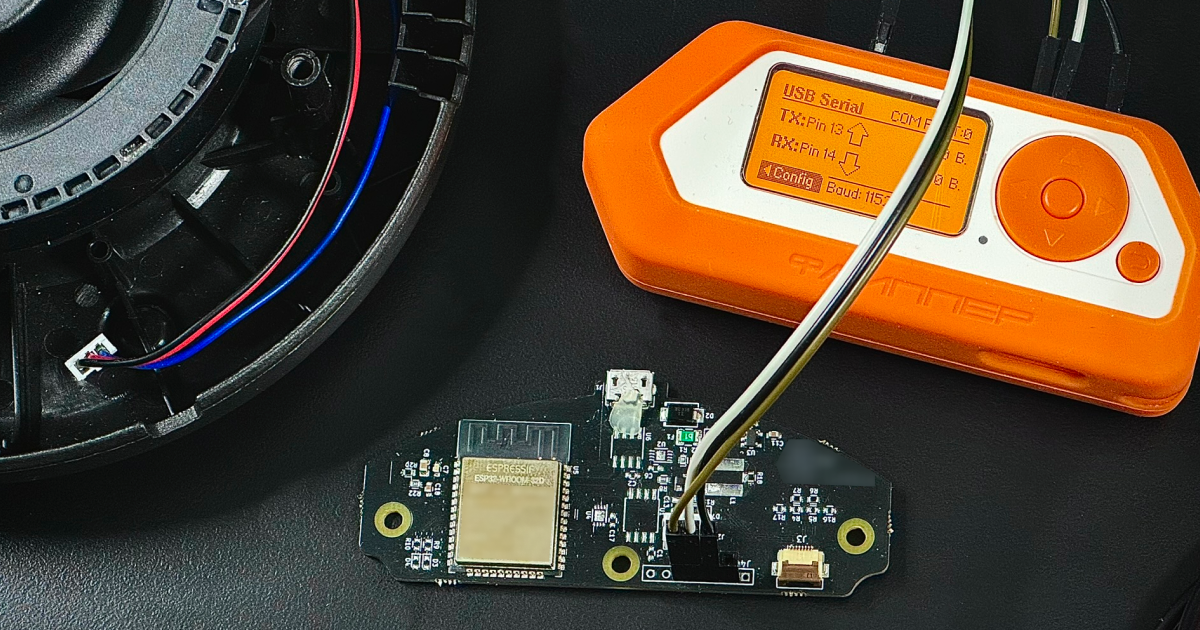- Unrealistic anatomy of the hand in close-up
- The way the cutting board appears to “bend” behind the curvature of the hand at the top
- Unnatural perspective lines
- The weird line with the fish’s tear
- The fact that the fish is so wackily angled compared to the sushi, though that could be photoshop
- It has that slightly uncanny-valley luminescence that LLMs add to images
- 5 Posts
- 157 Comments

 75·21 days ago
75·21 days agoCan we just leave people alone for fuck’s sake. What’s this reporter’s malfunction that it matters so much that someone is bi? Is it hurting you? Are they affecting anyone else by existing? Just let people find love and be happy.
“I need you to prove it to me”
Get fucked
Did this as well! But, we used sous vide turkey breast, and only made enough fixings for the sandwich instead of making the whole meal first (there’s only two of us). Had the leftover sandwich for Thanksgiving dinner!

 4·2 months ago
4·2 months agoI cycle when I can, I have a 20mi loop on trails I can do, but fell way short of my goal for this year. I also am trying to restart regular yoga classes with my partner at our gym, where we also climb and lift weights. Hiking is good too, or even just walking our neighborhood. Eating healthy (we focus on protein and whole food/plant based, but not completely vegetarian), and I’ve been tryin to cut back on the whiskey and beer but it’s just so good and shit is just so depressing in the world lately…

 3·2 months ago
3·2 months agoSecond this for the melatonin. I do the gummies, and not frequently. It definitely knocks you out, but YMMV when it comes to a little grogginess on waking.
Learned on a 2000s era VW Beetle, and then a Mazda B2500 FW/2WD. Last manual I owned was a 2015 Honda Fit. Now both our vehicles are Automatic AWD.
I did get to drive a little 4cyl manual SEAT on holiday in Madeira which was an adventure. 36% grade roads, hairpin turns – like 150cc mario kart around there
Such a strange funny movie. Haven’t seen The Little Hours in a while

 82·2 months ago
82·2 months agoI appreciated that the article quickly turned to “SO WHERE ARE THE FILES” lol
Do you think they’ll ever actually be released? *sigh

 2·2 months ago
2·2 months agoHaha that’s incredible! I’m at the end of book three already – still loving it

 10·3 months ago
10·3 months agoListening to the Dungeon Crawler Carl series by Matt Dinniman with my wife. The narrator, Jeff Hays, is excellent. Plus, I have checked out some books from my local library for the first time in a while (for physical books at least)
- Captain Kidd: A True Story Of Treasure And Betrayal by Samuel Marquis
some comic collections/graphic novels as well
- Haruki Murakami Manga Stories
- H.P. Lovecraft’s The Call of Cthulu by Gou Tanabe
- Decorum by Jonathan Hickman
I mean, there’s definitely some bad, syrupy stuff out there these days. I still much prefer the current amount of selection and creativity from local brewers to the “Coors or Budweiser” way it used to be.
What’s wrong with craft beer? Or do you mean the competition aspect?
Got my wife to use Ffox with uBlock origin! I have a raspberry pi waiting to be a pihole (again). Took it down to troubleshoot a while ago and left it off. I’d really like to set up more of a “digital homestead” as a friend calls it–just need time, money, and money.
Daily Rescue Octordle #1325 7️⃣8️⃣ 6️⃣🔟 🕛🕚 🕐9️⃣ Score: 8
 3·5 months ago
3·5 months agoAre you saying that because of the article, or the one or two comments on HN in response to the post?


















Jake Paul (controversial USian idiot that fought Mike Tyson a while back) v Anthony Joshua, British professional fighter. Paul got a broken jaw.